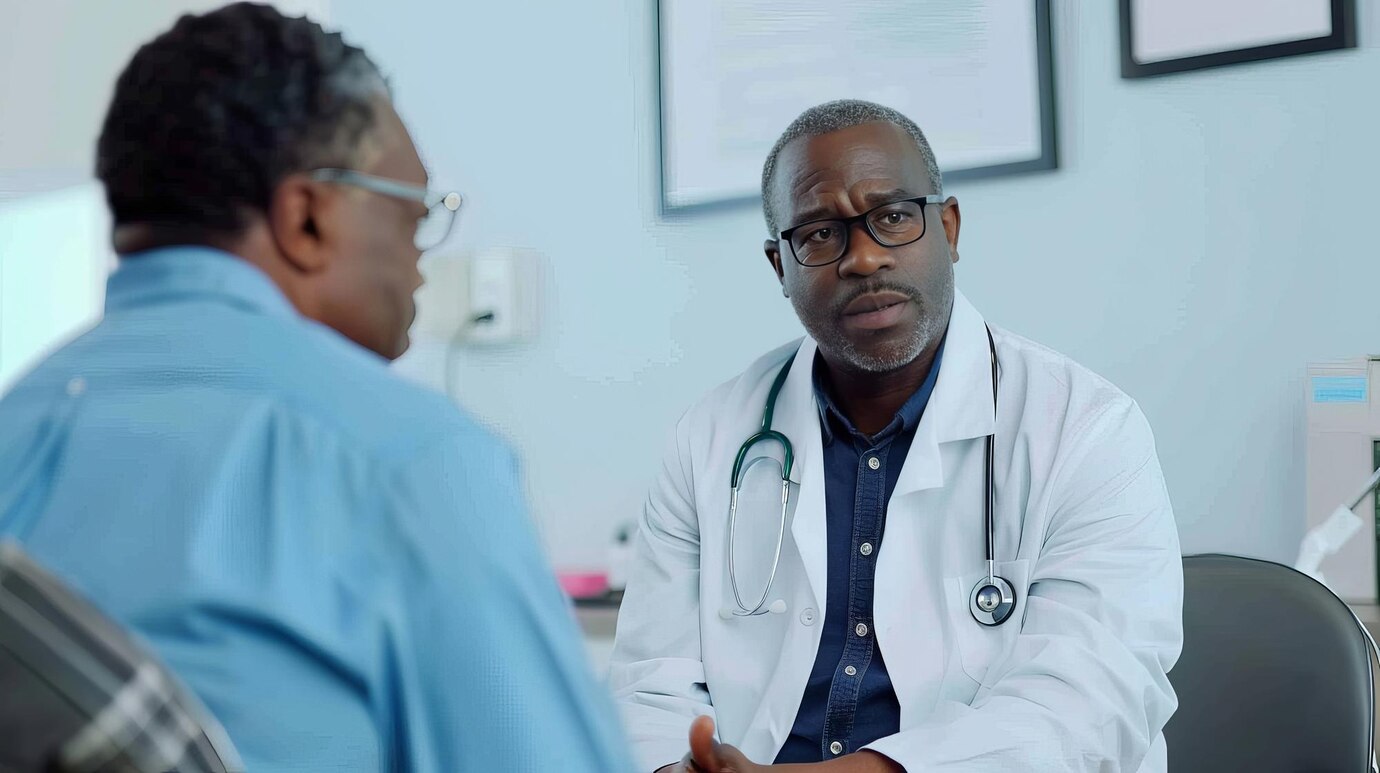🎧 Listen to: Seeing a doctor means you do not trust your ancestors is false

Seeing a doctor means you do not trust your ancestors is false
How widespread Is the taboo?
Picture this: You wake up with a pounding headache, and before you can even reach for painkillers, Uncle Kwame says, “Don’t go to the hospital! The ancestors will be offended!” Sounds familiar? Many Africans believe that seeing a doctor means disrespecting tradition. They say our forefathers relied on herbs and prayers, so why should we do any different?
Why does this myth exist?
- Deep-rooted traditions: Many believe that sickness is spiritual and should be treated by traditional means.
- Fear of modern medicine: Some think hospitals weaken our connection to our heritage.
- Misinformation: Some believe doctors can only treat the body, while traditional healers handle spiritual matters, discouraging people from seeking medical care.
What Is the impact of the myth?
- Delayed treatment: Many diseases get worse because people avoid hospitals.
- Preventable deaths: Some conditions that could be treated early end up fatal.
- Continued fear: The more we avoid doctors, the more these myths spread.
How can we combat the myth?
- Blend tradition with science: Ancestors had their wisdom, but modern medicine saves lives.
- Use real-life examples: Let’s highlight people who got better by seeing doctors.
- Educate our communities: The more we understand health, the better choices we make.
What’s the bottom line?
Respecting our ancestors doesn’t mean rejecting modern healthcare. Seeking medical treatment is about preserving life, not abandoning tradition.
